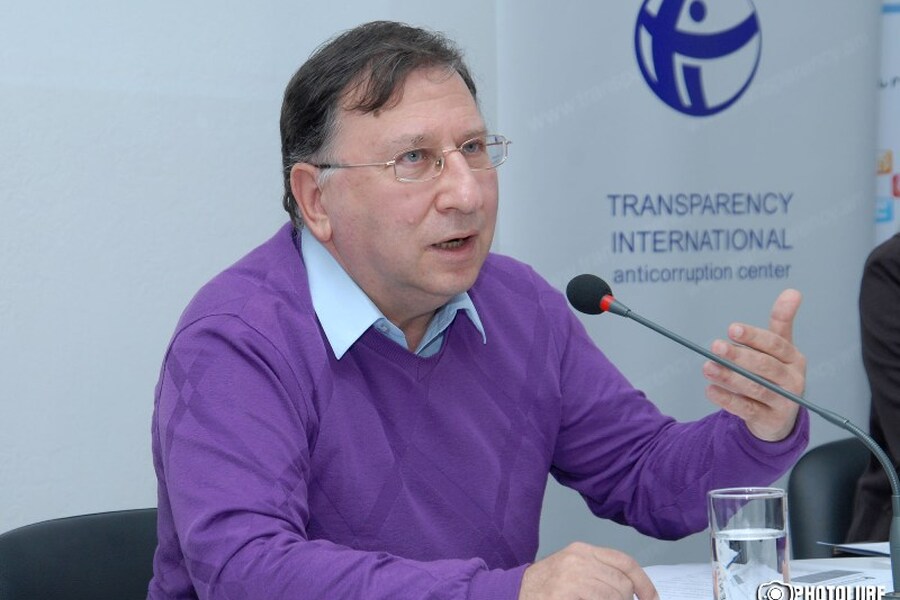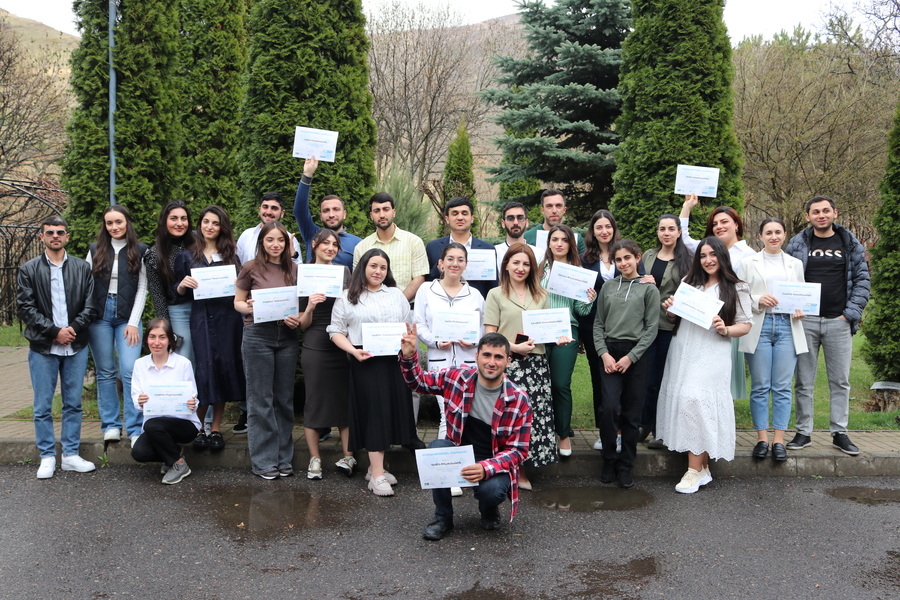Concerning Failure of Effective Vetting in the Judiciary and Law-Enforcement
During the State of Emergency imposed in the Republic of Armenia, on 25 March 2020, the National Assembly adopted in the second reading a number of laws aimed at introducing mechanisms to check the integrity of candidates to become judges, including Constitutional Court judges.
The analysis of the legislative amendments adopted by the National Assembly of the Republic of Armenia with respect to vetting in the judiciary and the legal system supports the following conclusions:
- Two years after the revolution, driven predominantly by the strong desire to achieve justice and to overcome lack of equity in government and society, the expectations of the public with respect to fundamental reforms of the judiciary will now not be met, because the political majority in Armenia has adopted legislative amendments with which refuses to honor its publicly-stated commitment to implement sound vetting of the judiciary and law-enforcement authorities, and will carry out only formalistic or selective vetting.
- There has been an obvious retreat from the main public demands of the Velvet Revolution—the agenda of achieving justice and equity.
Particularly, the authorities have repeatedly stated the necessity of vetting the judicial-legal system. In line with the international best practice, such vetting should include the following elements with respect to judges, Constitutional Court judges, or candidates thereof:
- Testing of abilities and knowledge;
- Checking and evaluating integrity or generally any activity that may cast doubt on their integrity and professional conduct; and
- Reviewing assets and income.
Meanwhile, the laws adopted by the National Assembly essentially narrowed the toolkit for vetting, prescribing only two of the main directions: checking the declarations of assets, income, and interests of judges currently serving in office; and checking the integrity of judge candidates, which does not foresee a universal vetting for all judges.
The legislation, in fact, prescribes liability for the failure to present certain data or to present wrong or incorrect data or for the failure to submit a declaration only for the cases occurring after June 2017.
Liability for failure to submit a declaration or failure to declare certain assets or income has been prescribed only for conduct that occurred after June 2017. Hence, no liability is envisaged for similar actions, happening prior to 2017. In the same vein, per legislative amendments, the Corruption Prevention Commission may demand and receive from banks consolidated information on whether persons required to submit a declaration have bank accounts, as well as the turnover and the balances of such accounts only in relation to declarations submitted or required to be submitted on or after 1 July 2017. The Corruption Prevention Commission is not given powers to demand explanations, based on its analysis, from persons required to submit declarations or to refer case materials based thereon to the General Prosecution Office of Armenia for the period preceding 2017.
Information on interests will for the first time appear in the declarations for 2019, and shall concern only the interests held in 2019. The interests’ declaration from envisages a very narrow scope. Again, the Corruption Prevention Commission will be unable to collect information on possible conflict of interests during earlier periods or act in any way or form.
The extremely limited scope of the integrity review is fundamentally disappointing: the integrity review will be performed only for candidates to become Constitutional Court judges, judges, prosecutors, or investigators. Integrity review is not planned for currently-serving judges, prosecutors, and investigators.
It is unacceptable that the conclusions of the Corruption Prevention Commission will not be published and will be advisory for the Supreme Judicial Council. The conclusions of the Corruption Prevention Commission and the decision-making of the Supreme Judicial Council on the basis of such conclusions will not be public. Thus, there can be no public or other oversight and accountability of the whole process.
We demand from the political power:
- To appreciate that success in restoring democracy, the rule of law, sovereignty, and a social state will depend critically upon comprehensive and in-depth vetting in all parts of the judiciary and law-enforcement bodies, notwithstanding the conservative systemic resistance.
- To reconsider its inadequate, extremely moderate, and ineffective approaches to justice reform, and to revise the vetting legislation immediately and in line with the international best practices and the requirements and demands of New Armenia with respect to the judiciary and law-enforcement bodies, before commencing upon the vetting process.
- To conduct primary vetting of the Supreme Judicial Council’s members, as it is the ultimate body responsible for vetting of judges.
The statement is open for joining:
Helsinki Citizens’ Assembly-Vanadzor office NGO
Open Society Foundations-Armenia
“Asparez” Journalists’ Club
Protection of Rights Without Border NGO
Law Protection and Development Foundation
Transparency International Anti-Corruption Center
Robert Revazyan, attorney
Karen Tumanyan, attorney





